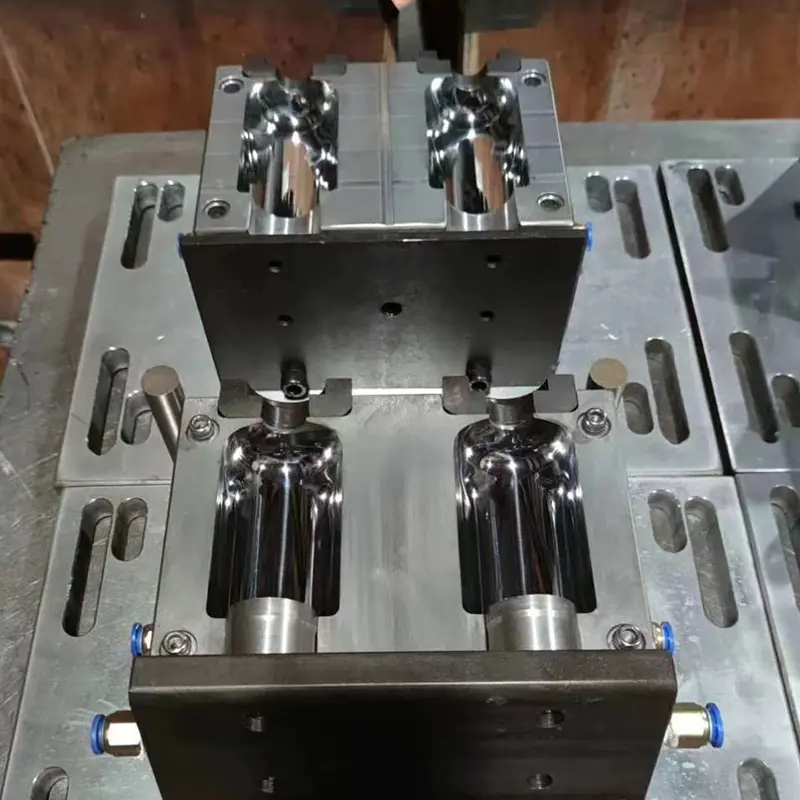Prismatic cell modules are a prominent type of battery design used in various applications, from electric vehicles to energy storage systems. These modules are known for their distinctive rectangular shape, which offers several advantages in terms of space efficiency and structural stability.
One of the key benefits of prismatic cell modules is their ability to be easily integrated into different designs due to their flat, compact form. This makes them particularly suitable for applications where space is a constraint. Unlike cylindrical cells, prismatic cells can be arranged more efficiently within a given space, allowing for a higher energy density and better use of available volume.
In addition to their space efficiency, prismatic cell modules often feature a robust construction that contributes to their overall durability. The rectangular design helps distribute mechanical stress more evenly, reducing the likelihood of physical damage. This durability is crucial in applications like automotive batteries, where reliability and safety are paramount.
Another notable aspect of prismatic cell modules is their thermal management. The design allows for more effective heat dissipation compared to some other battery shapes, which can enhance performance and longevity. Proper thermal management is essential for maintaining optimal battery performance and preventing overheating, particularly in high-power applications.
Overall, prismatic cell modules offer a practical solution for many energy storage needs. Their efficient use of space, durability, and effective thermal management make them a preferred choice in various technological and industrial applications.
